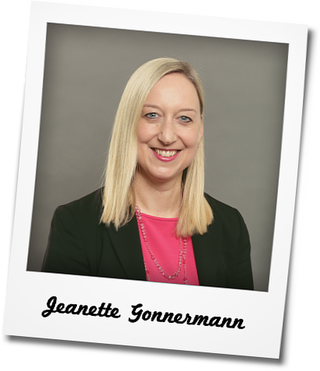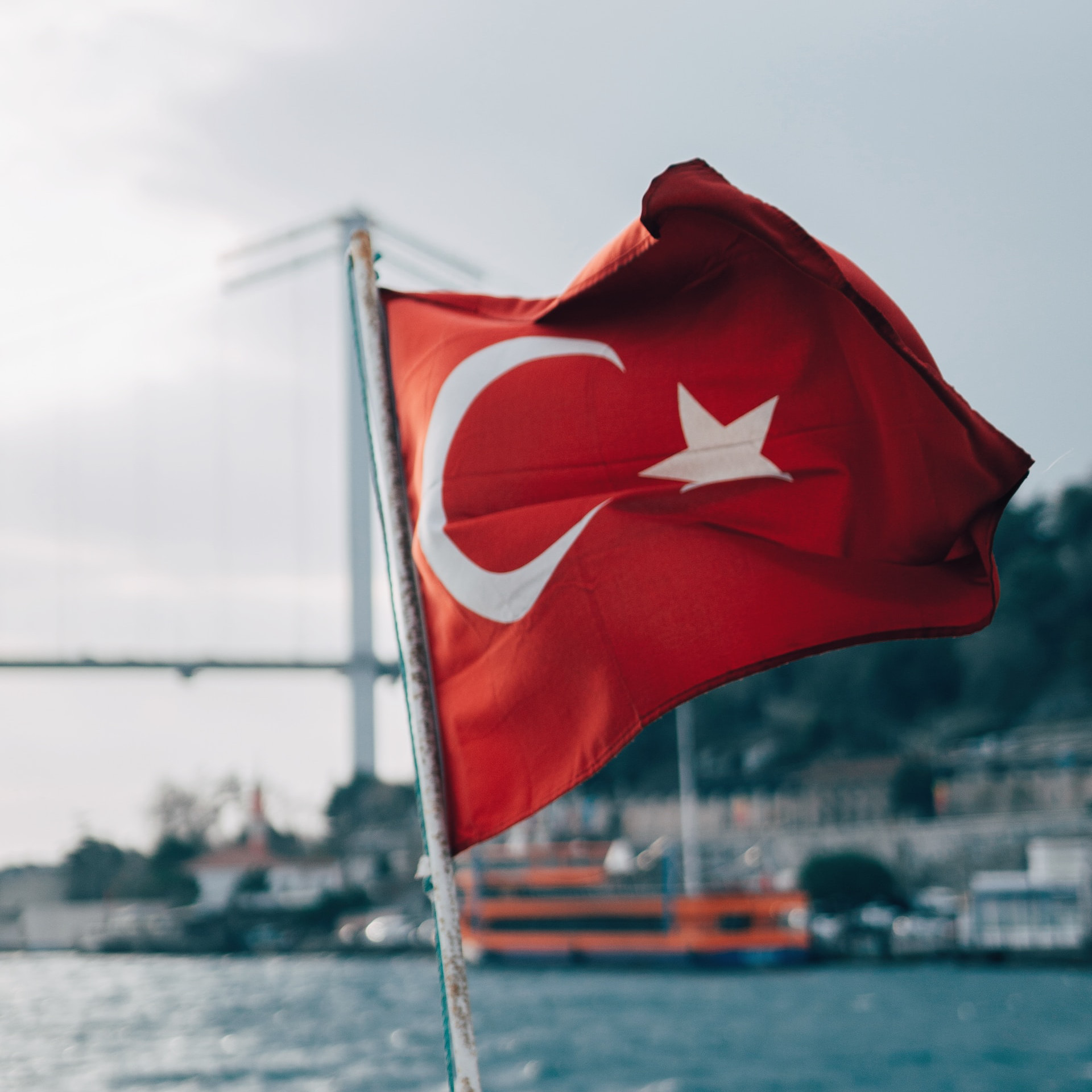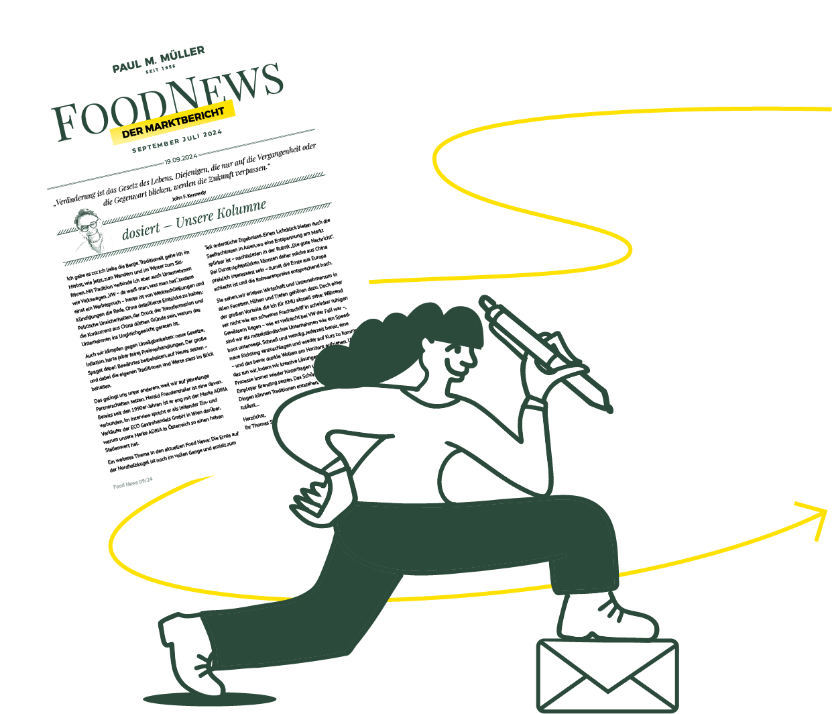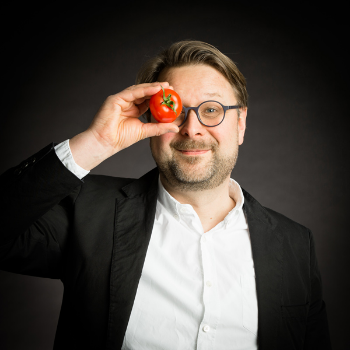Water is life and essential for food production too. The impact of heat and water shortages on fruit and vegetable harvests was part of our Food News more than once last year. And water plays a role again in this report: for some it is lacking, for others it is threatening. Increasingly, we are dealing with extreme weather events around the world. While the "monster heat wave" and lack of rainfall in Asia are causing health problems and crop failures, we are currently seeing dramatic flood images from the Emilia-Romagna region of northern Italy in the news. Both events make it clear that climate change has many facets. Its consequences are a major threat to people and the environment. Further below, you can read how the heat in Asia is affecting the pineapple harvest. We do not yet dare to survey the situation in northern Italy. But one thing is certain: here, too, the current weather events are having devastating consequences for farmers - not only for the upcoming summer harvest, but also with a view to damaged orchards in the long term.
Against this backdrop, the ubiquitous shortage of skilled workers in this country seems like complaining at a high level. And yet: We also want to address this problem in this issue of Food News and spoke with Jeanette Gonnermann, Managing Director of the Waren-Verein of the Hamburg Stock Exchange. In the interview, she reveals what concepts are needed now to make the industry fit for the future.
Water is life and also essential for food production, as I wrote at the beginning. It also goes with this: We cannot change the wind, but we can set the sails differently. In this spirit: We accept the challenges in all their variations and look forward to the upcoming summer with you.
Yours sincerely, Thomas Schneidawind






 The
The 





